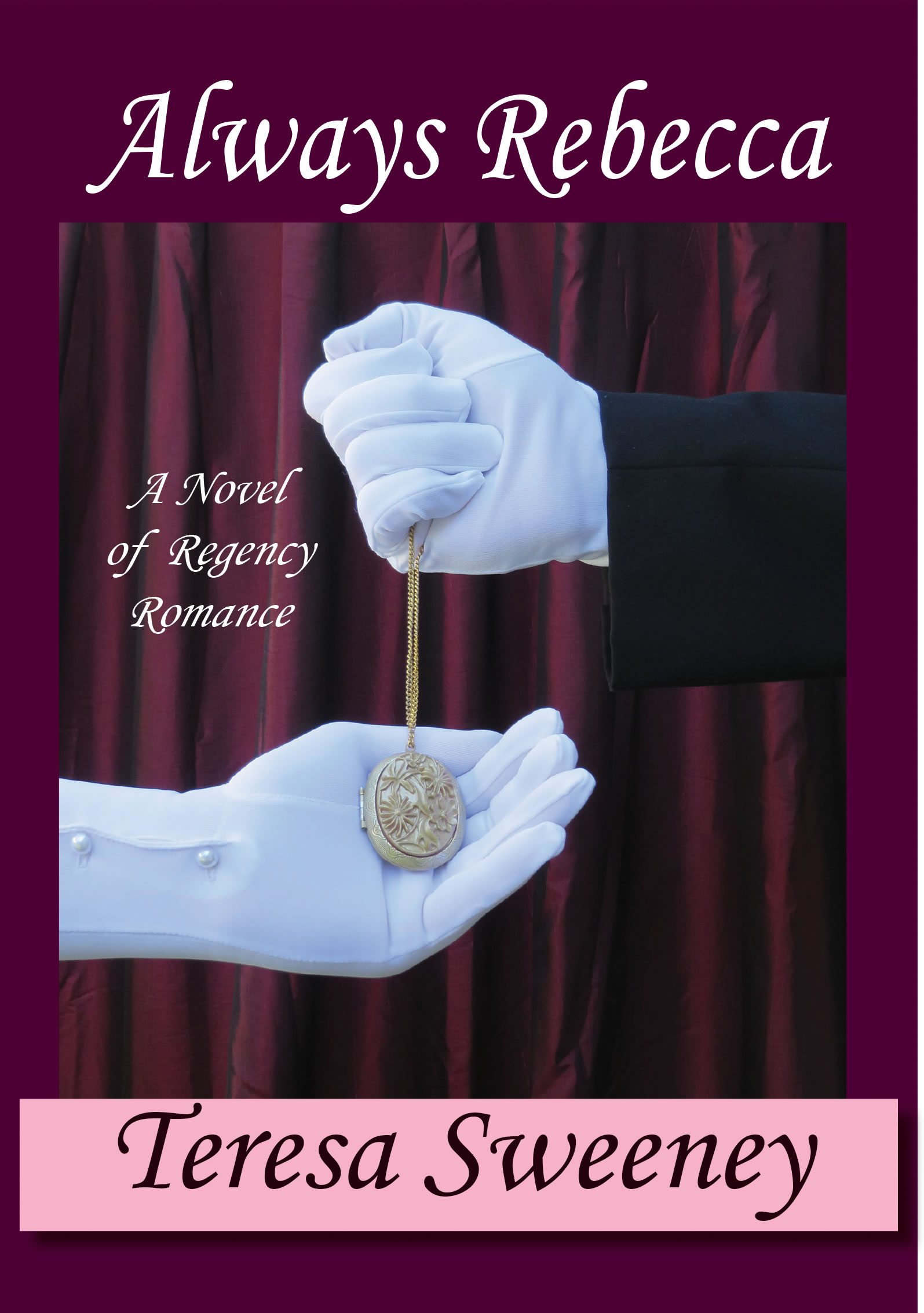

Description:
Rebecca Stevens, the vicar’s daughter, never worried about fashion or fripperies. She was too busy keeping house for her father and helping him write out his sermons. She attends her first country-dance when she is fifteen years old and discovers that her dress and manner are lacking in sophistication compared to other girls her age. She suffers embarrassment when the young and handsome Viscount Shelby mistakes her for a child. Her humiliation is witnessed by the Earl and Countess of Ingall and in sympathy, they hire her as a companion for the countess. Over the years, under Lady Ingall’s tutelage, Rebecca transforms from a timid country girl into a lady that can rival any debutante and draw the notice of any man, but can she attract the nobleman that once called her child?
Excerpt
He was in his study reviewing his account books when he noticed a maid passing by his door with a tea tray. He wondered who came to call and followed the maid who carried the refreshments into the parlour. He did not recognize the lady sitting on the settee, but found he held his breath at her beauty. Before him sat a genteel woman wearing a rose-colored muslin gown. The Empire cut day dress was accented with dainty cream-colored rosettes on the border of her puffed sleeves and flounced hemline. An antique locket hung from the end of a gold chain resting against her décolletage. Jonathan saw that her face was retrospective before she turned to look at him. A heartfelt offer of sympathy for the loss of his father left her lips. He stood mesmerized looking at her. She had brown hair mixed with streaks of raspberry blond. Her hazel eyes seemed to twinkle just for him.
“Pray, forgive me,” he apologized. “Have we met?”
Rebecca bowed her head in embarrassment. She blushed having remembered their first meeting. Composing herself, she raised her head to make her answer and found Jonathan watching her. With aplomb, she said, “Yes, my lord, we were introduced at your bon voyage party that your mama hosted the evening before you left on your Grand Tour. I am the vicar’s daughter, Miss Stevens.”
Jonathan was surprised. Her regal dress and demeanor spoke more of the peerage than the child of a clergyman. Yes, he remembered the young girl at his mother’s country-dance. Rebecca saw the glimmer of recognition and smiled when she said, “I see you remember our introduction, my lord, though you were then Lord Shelby. I fear I have grown up since you went away.”
Jonathan raised his brows and answered with amusement, “Indeed.”
Discussion Questions for Always Rebecca
1. Rebecca was concerned she was rising above her station under Lady Ingall's tutelage. Not until the countess declared that good manners had nothing to do with class but character did she feel comfortable learning the rules of decorum. Do you agree or disagree with the countess, and why? How prevalent are manners being taught in today's society and what are they? Which manners, once exclusively belonging to a man, have diminished with men and women expecting to be treated equally. For example, how often do you see a man open a door for a woman? Is the gesture accepted, not noticed, or found offensive? Are we becoming a more or less considerate society in respect to "good manners?"
2. Jonathan went on his Grand Tour to gain some life experience. Rebecca's presentation at court proclaimed her a woman eligible for marriage. Does today's society subscribe to any custom to announce their sons and daughters have reached adulthood? What age marks adulthood and what knowledge/experience should a young man and woman possess/participate in to better prepare themselves for life's challenges?
3. Rebecca was reminded on more than on one occasion to be careful of her conduct, that ladies were judged more harshly than men. Has society evolved, or are women judged more severely in their manner/ behavior and virtue than men? Give examples.
4. Historically, society has embraced a number of somber customs and conventions for people to bereave their lost ones. Lady Amelia and Jonathan donned black clothing, plus Lady Amelia shunned parties for a year. Today, many of the somber customs once prevalent are forgone in order for people to mourn and remember their loved ones as they see fit. Do you agree that the old customs should be eliminated, or are there some that should be observed. If so, which ones? (e.g., wearing black to a funeral?)